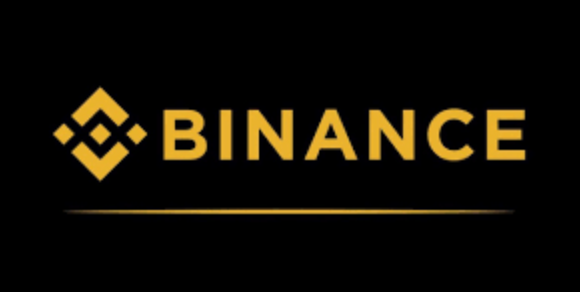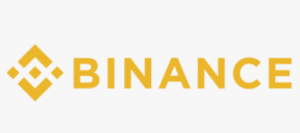BTC ETH #Binance #CZ #Lobbying #CryptoPolitics #SEC #Pardon #Trump #Washington #FinancialInfluence #CryptoNews
How Did Binance’s Expensive Lobbying Effort Lead to CZ’s Pardon? Discover the Power of Political Influence!
In a significant turn of events in the crypto landscape, CZ’s news has made headlines as Binance’s CEO, Changpeng Zhao, received a pardon from former President Trump. This unexpected political favor comes on the heels of Binance’s extensive lobbying efforts in Washington, which involved substantial financial contributions. The lobbying campaign reportedly included $450,000 directed toward lobbyists associated with Trump, alongside $290,000 targeting potential SEC chair nominee Teresa Goody Guillén.
The high-stakes nature of this lobbying initiative illuminates the intersection of finance and politics, showcasing how financial power can influence political decisions. With CZ’s pardon, many are left questioning the implications for the broader cryptocurrency industry and the future of regulatory scrutiny.
Understanding the Cost of Political Influence
The lobbying efforts made by Binance serve as a case study in the dynamics of political influence within the cryptocurrency sector. By investing heavily in lobbying, Binance aimed to sway policymakers and regulators in its favor, potentially mitigating regulatory challenges. This strategy raises important questions about the efficacy of such financial investments in shaping governmental decisions.
The massive sums spent highlight an increasingly common trend where tech firms, particularly in the crypto space, seek to align themselves with key political figures. As the cryptocurrency market continues to evolve, the need for clear regulatory frameworks becomes paramount. Binance’s actions signal a proactive approach to navigating this complex landscape.
The Broader Implications of CZ’s Pardon
CZ’s pardon not only has implications for Binance but also sets a precedent for how political relationships can impact the future of cryptocurrency regulation. As regulatory bodies like the SEC become more vigilant, companies may resort to similar lobbying tactics to protect their interests. This development raises ethical questions about the influence of money in politics and the integrity of regulatory processes.
Investors and stakeholders should be aware of how these political maneuvers could change the operational landscape for cryptocurrencies. A favorable political environment can lead to increased market confidence, while adverse regulations could stifle innovation and growth. As the industry grapples with these challenges, the role of lobbying will likely continue to evolve.
What Lies Ahead for Binance and the Crypto Market?
As CZ’s news resonates through the financial world, it’s essential for market participants to stay informed about ongoing developments. The implications of this pardon could reverberate across the cryptocurrency landscape, impacting everything from investor sentiment to regulatory approaches.
In the wake of CZ’s pardon, Binance and other crypto firms may find themselves under increased scrutiny. However, with strong lobbying efforts, they might also find opportunities to shape favorable regulatory outcomes. Understanding these dynamics will be crucial for investors, traders, and policymakers alike.
For those looking to dive deeper into the world of cryptocurrency, consider exploring more insights in our crypto category. Additionally, for those interested in Binance’s offerings, check out their promotional activities at Binance’s referral program.
In conclusion, CZ’s pardon is a potent reminder of the intricate relationship between finance, politics, and regulatory frameworks in the crypto world. As we move forward, the lessons learned from this case could shape the future of the industry and its regulatory landscape.







Comments are closed.